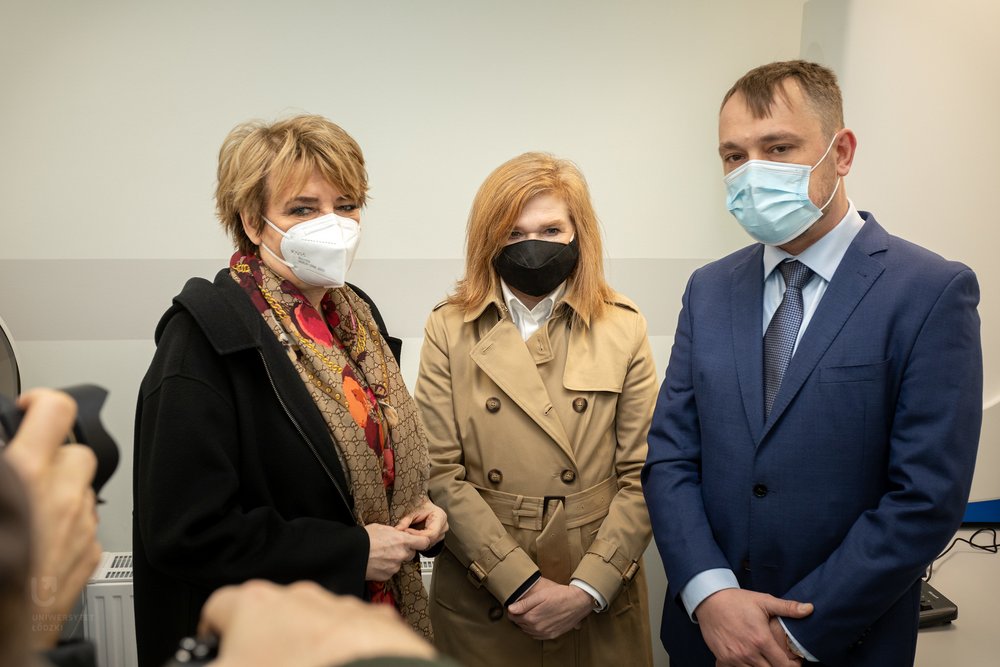A genome is a complete set of genetic information of a living organism, an exome, in turn, is a collection of exons or genome fragments that contain information about the sequence encoding genes from which functional peptides and proteins are formed. Thanks to the new project of the UL Biobank, genomes and exomes of Poles from all regions of the country will be stored in one place. This is a continuation of operation of one of the fastest developing units of the University of Lodz. Now, the Biobank of the University of Lodz will be the first Polish instance of the European Genome-phenome Archive (EGA).
- This is a response to the GDPR coming into force. Genetic data generated by Polish scientists and concerning Polish population will be stored on the territory of the Republic of Poland in accordance with the relevant legal regulations and will be available to the world of science only with the consent of the authors of the collection. We believe that thanks to this initiative more Polish scientific units will be able to participate in international research cooperations, and that the sensitive data on Polish population will be appropriately secured - explains mgr. inż. Błażej Marciniak from the UL Biobank, the project manager.
Development of personalised medicine means that there are more and more advanced and precise treatment schemes, which frequently depend on a specific genotype of a patient. The lack of available genetic data of a given population may translate into its exclusion from contemporary therapies. Researchers from the University of Lodz want this data to be easily accessible to professional scientific institutions and thus, they want it to enable prevention of as many civilisation diseases as possible.
Building a modern, highly efficient gene digitization centre at the University of Lodz will constitute the last but also a significant effect of the project.
- Taking advantage of the favourable conditions (logistics centre, important communication routes), Lodz may become an important biotechnology hub providing highly specialised services at an international level and supporting pharmaceutical and biotechnology companies operating throughout the region - says Błażej Marciniak.
The Biobank of the University of Lodz started its operation as a population biobank. Such units deal with problems of the whole populations at a very general level, but knowledge generated by them has a chance to be used in individual therapies - of rare diseases, civilisation diseases or personalised medicine. The project entitled "Genomowa mapa polski w otwartym dostępie - digitalizacja zasobów Biomolekularnych Pracowni Biobank UŁ" [Genomic map of Poland in open access - digitization of Biomolecular resources of the Biobank Laboratory of the University of Lodz] is financed under the Operational Programme Digital Poland.
Source: Biobank UL,
Edit: Promotion Centre, UL

